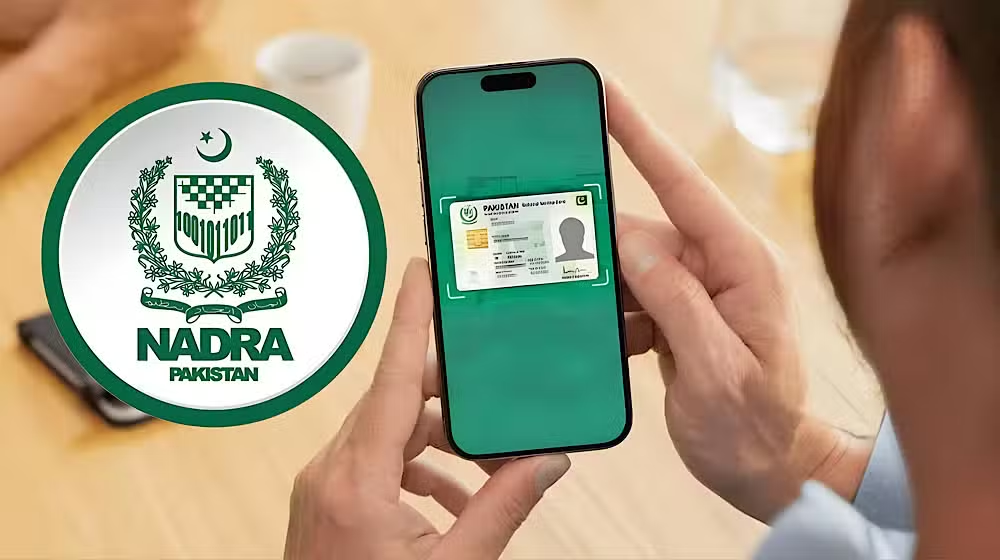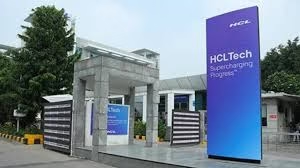In a major leap toward digital governance and citizen convenience, the National Database and Registration Authority (NADRA) has launched a new mobile application that enables Pakistani citizens to register life events—such as births, deaths, and changes in marital status—without needing to visit government offices.
The initiative was formally announced during the second meeting of the National Registration and Biometric Policy Framework Implementation Committee, which included top-level representation from federal ministries, regulatory bodies, and provincial departments.
Digital Transformation in Public Services
Lt Gen (Retd) Muhammad Munir Afsar, Chairman of NADRA, highlighted the app as a cornerstone in the broader mission to modernize public services and ensure accurate national data management. This mobile application empowers citizens to register vital life events online from the comfort of their homes,he said.
The digital rollout will initially begin in Punjab, paving the way for a nationwide launch. The application is designed to integrate seamlessly with NADRA’s secure backend systems, ensuring real-time data updates and minimal room for human error or fraudulent reporting.
Biometric Verification Extended to Union Councils
To support the mobile application, NADRA is expanding biometric verification facilities at the union council level across Punjab. This move ensures that the online process is secure, verified, and trustworthy, reflecting the authority’s commitment to maintaining the integrity of the national identity system.
During the meeting, officials from the Local Government Department were shown a live demonstration of the mobile app, showcasing its user-friendly interface and streamlined functionality. The demonstration emphasized how users can log in, select the life event to be registered, submit relevant documentation, and complete the process with biometric authentication—all without stepping foot into a government office.
One-Window Registration Counters in Islamabad
In a parallel initiative, NADRA is also establishing one-window registration counters at union councils in Islamabad, aimed at reducing bureaucratic red tape and offering a centralized point for all documentation and registration needs.
These counters will assist residents with both digital and in-person services, acting as hubs for guidance and biometric data collection. This hybrid approach ensures inclusivity, especially for those who may not have immediate access to smartphones or the internet.
National Biometric Policy in Development
Adding to the momentum of digital transformation, the meeting featured a briefing by the Pakistan Telecommunication Authority (PTA) chairman on the progress of a National Biometric Policy. This upcoming policy framework is designed to ensure secure, integrated digital identity verification systems across various government platforms.
The PTA’s policy aims to enhance interoperability between NADRA, telecom providers, financial institutions, and other regulatory bodies, ensuring seamless service delivery with high levels of data security.
What This Means for Citizens
With the new NADRA mobile app, Pakistani citizens will soon be able to:
- Register births and receive digital birth certificates
- Report deaths and update family records
- Update marital status after marriage or divorce
- Track the status of submitted applications
- Complete biometric verification via authorized local facilities
This marks a significant shift toward e-governance in Pakistan, reducing the need for long queues, manual paperwork, and multiple office visits.
Why This Move Matters
Pakistan has long grappled with inefficient public service delivery and outdated record-keeping systems. The introduction of this digital app supports the government’s Digital Pakistan vision, enhancing transparency, accessibility, and efficiency in public sector services.
By enabling remote registration of life events, NADRA is not only easing the burden on citizens but also ensuring that the national database remains up to date—a critical need for policy planning, social services, taxation, and national security.
Moreover, this initiative is likely to improve data accuracy, lower the risk of forged documents, and help in real-time demographic monitoring for urban planning and disaster management.
A Step Forward for Digital Pakistan
NADRA’s new mobile app is more than a technological upgrade—it’s a transformation in how Pakistani citizens interact with the state. As the digital rollout begins in Punjab and biometric policies evolve nationwide, Pakistan is taking a decisive step toward transparent, accessible, and citizen-friendly governance.
With a successful implementation, this digital registration system could soon serve as a model for digital public service delivery across South Asia.



